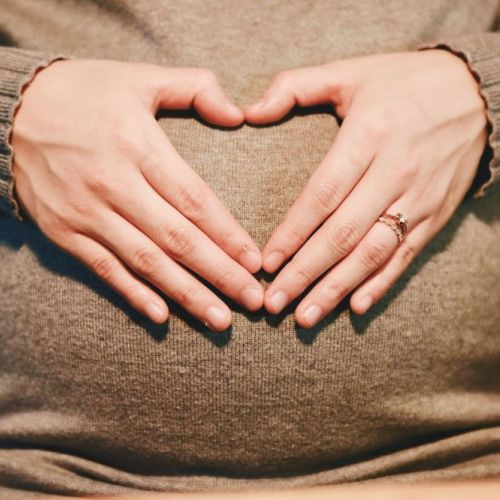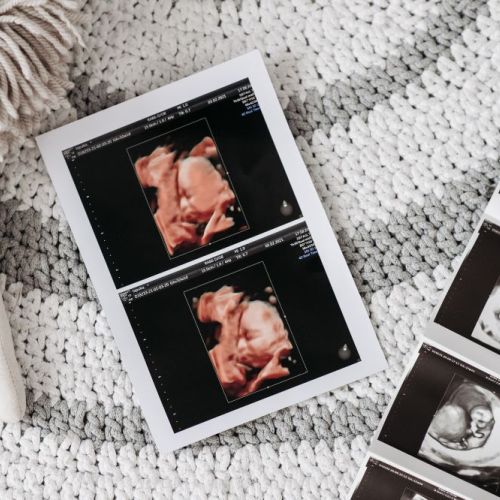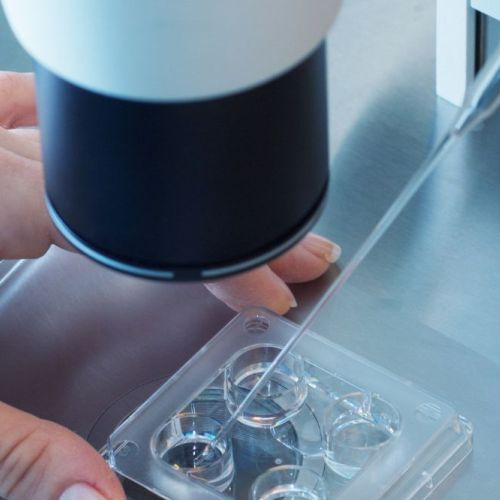How to Boost Fertility in Your 30s

If you’re having difficulty getting pregnant in your 30s, you’re not alone. While some women are still able to conceive in their early 30s, your chances of getting pregnant as you approach 40 declines, and the risk of complications including miscarriage increases. The team of fertility experts at the Center for Reproductive Health is available to provide detailed information on how to boost fertility in your 30s so you can be proactive about doing whatever you can to attain a healthy pregnancy.
Foods That May Help Increase Fertility
A healthy diet is an important component of overall health. When you’re trying to get pregnant, whether you’re a woman or a man, it’s important to include plenty of natural foods in your diet such as whole grains, vegetables, fruits, and lean proteins. Fatty fish such as salmon and tuna provide a healthy source of unsaturated fats which support cell growth and can help to lower cholesterol. Limit sugar and saturated fats to help boost fertility.
Women who are trying to get pregnant should begin taking prenatal vitamins to ensure the consumption of important nutrients. Prenatal vitamins can help to improve egg quality.
Reduce Stress
Being under a lot of stress, especially on a long-term basis, can wreak havoc on your body and make it more difficult to get pregnant. Since stress has been proven to impact fertility, focusing on methods of stress reduction may help boost your fertility. Consider delegating tasks to others if possible. Other ways to reduce stress include:
- Meditation
- Yoga
- Aromatherapy
- Massage
- Listening to music
Journaling is a good way to process turbulent emotions, such as frustration over not getting pregnant. Be sure you’re getting enough sleep to help better cope with stress and to help increase fertility. Try to get 7 to 8 hours of sleep each night.
Other Healthy Habits
To give yourself the best chance of a healthy pregnancy, work on getting your weight to a healthy range. Women whose body mass index (BMI) is considered too high or too low can have a harder time getting pregnant. Regular exercise can help improve your overall health and can help you work toward improving your BMI. Choose a form of exercise you enjoy such as walking, swimming, or dancing.
If you or your partner smokes, it’s imperative that you quit if you’re hoping to boost fertility in your 30s. Smoking has a negative impact on reproductive health in both women and men. It can make it harder to get pregnant and it increases the risk of complications during pregnancy.
Excessive amounts of alcohol can interfere with bodily processes and should be avoided when trying to get pregnant. Both alcohol and caffeine can make it more difficult to get pregnant.
When you’re trying to boost fertility in your 30s, reach out to the compassionate fertility professionals at the Center for Reproductive Health. We’re available to answer any questions you may have and are committed to helping you have the best chance of attaining a healthy pregnancy. Click here to make an appointment.



